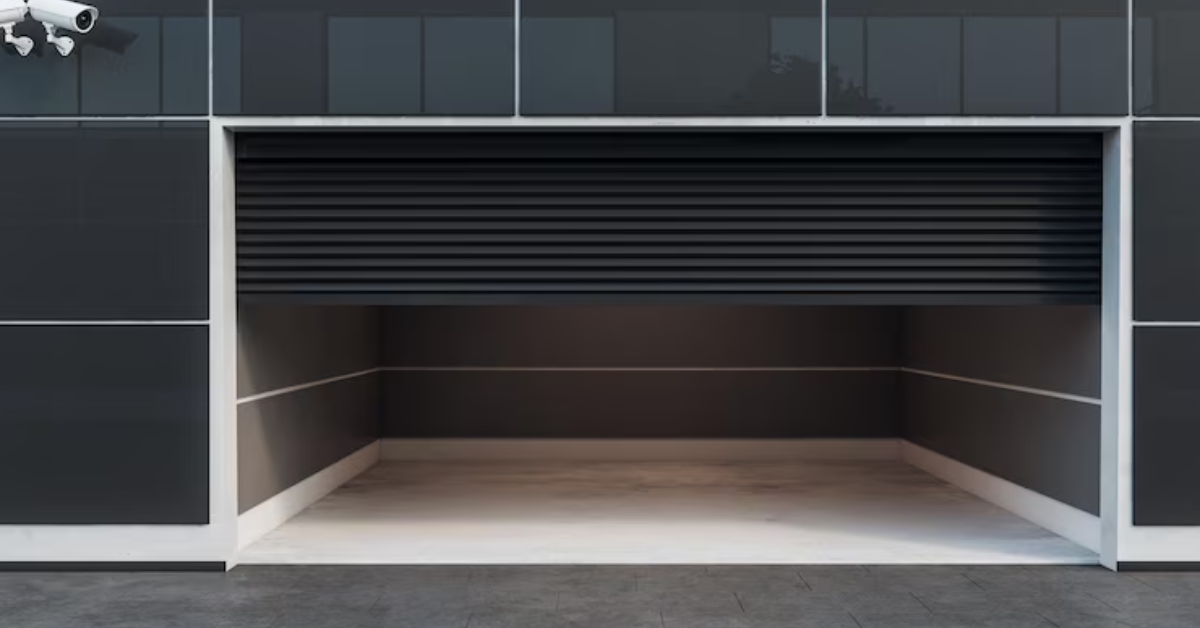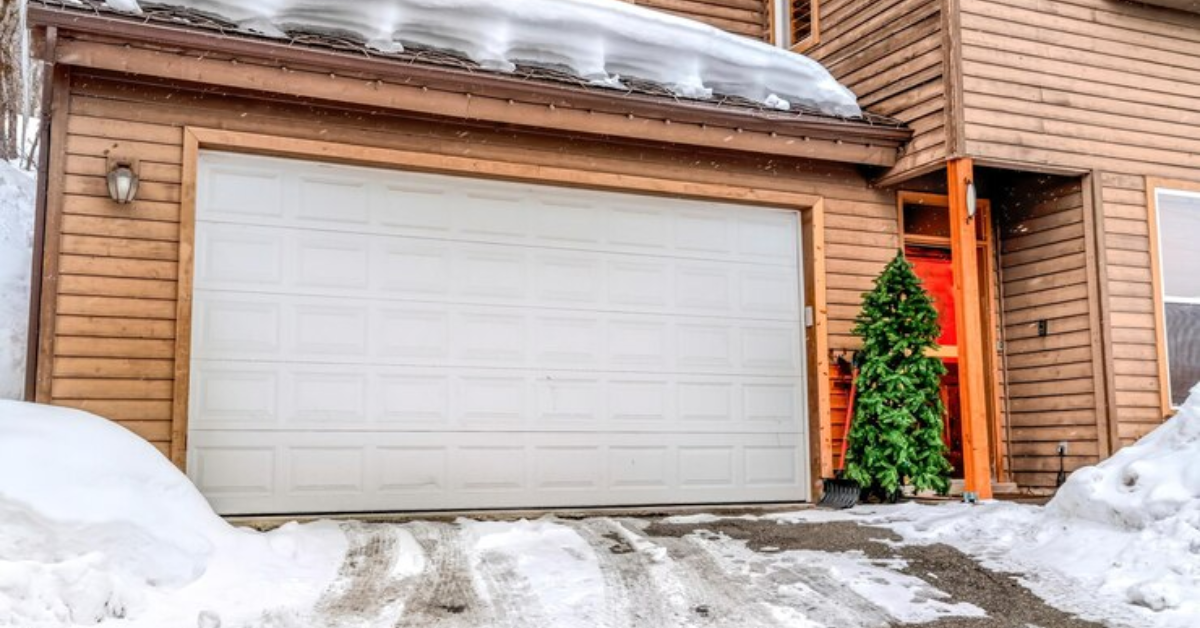What Are Standard Garage Door Sizes?
What Are Standard Garage Door Sizes?

Understanding typical garage door sizes is crucial when buying a replacement door or installing one in a new house. It's challenging to categorize any one option as a normal garage door size given the range of dimension combinations, although some sizes are undoubtedly more prevalent than others. According to height and breadth, the following is the typical garage door size: 2
- 7-8 feet high by 8-10 feet wide for a single garage door
- 7-8 feet high by 16-18 feet wide for a double garage door
- 10-14 feet high by 10-14 feet wide for a RV garage door
What’s Ahead
- Garage Door Designs
- Single Garage Doors
- Double Garage Doors
- RV Doors
- Combination Garage Doors
- Custom Garage Doors
- Measuring Your Garage Door
- Ordering A New Garage Door
Garage Door Design Options
The size and configuration of your garage itself will determine the appropriate garage door size. The designs for garages range from little areas intended for a single vehicle to bigger, typical 2 car garage door sizes to possibilities for several vehicles.
If you purchased a pre-existing property, this choice was probably already made for you. But there are a number of things to take into account when building or modifying a house, such as:
- Personal preference, style, and needs are based on a number of vehicles.
- Aesthetics and how the garage façade will affect the appearance of your home.
- Practicality and the cost of maintaining multiple doors and an opener system.
Single Car Garage Door Dimensions
Suited for smaller garage spaces with room for only one vehicle, single garage doors most commonly measure either 7 or 8 feet in height and 8, 9, or 10 feet in width. The doors are suited for a single standard-sized car, SUV, truck, or van.
Two Car Garage Door Dimensions
Homes with multiple-vehicle garages will most commonly use a double-door option, measuring 7 or 8 feet in height and 16 or 18 feet in width. This option is also popular with those planning to use a portion of their garage as a workshop or storage space.
RV Garage Door Dimensions
Large doors are available for those with specialized needs, such as parking several vehicles or an RV. These oversized garage doors tend to be 10, 12, or 14 feet in both height and width.
Combination Garage Doors
As seen in the graphic above, many garages use a combination of either multiple single doors or a single and double door. While these garage door designs offer more space and flexibility, they also require maintenance and upkeep of at least two separate openers and garage door systems.
Custom Garage Doors
If you’re having trouble finding the right pre-fabricated door to meet your needs, Door 48 can assist with the design and creation of custom wood and steel garage doors. Visit the Door 48 website or call Houston (832) 400 2992 Austin (512) 543-7324 for more information.
Standard Garage Door Thickness
The thickness of most garage door panels is about 1/8 inch. Depending on how you use your garage, insulation might or might not be necessary. You should think about installing insulation if you spend a lot of time in your garage. In addition to lowering energy expenses, properly placed insulation can keep your garage 12 degrees warmer in the winter and 25 degrees cooler in the summer.




